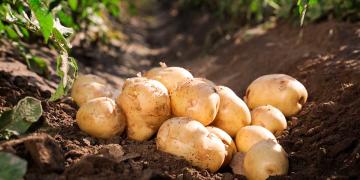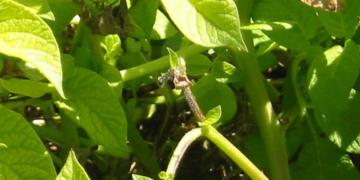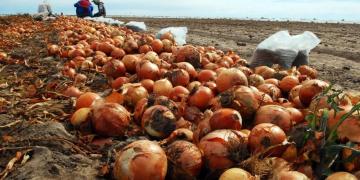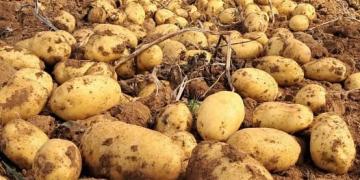Germany: New EU 46 potato blight strain is spreading
In the state of Baden-Württemberg, the leafhopper is spreading rapidly and threatening potatoes. Agricultural associations are demanding urgent measures, including the approval of effective plant protection products.
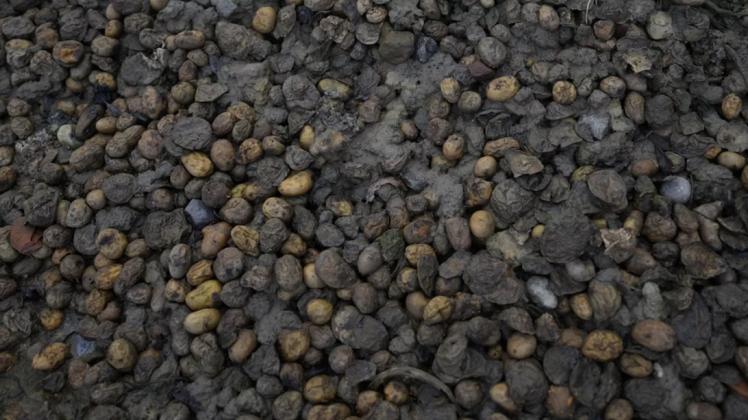
According to the German Farmers’ Union, stolbur, a plant disease transmitted by the common leafhopper, poses a growing threat to agriculture.
Particularly in southern Germany, it is considered a "serious threat" to the supply of potatoes, vegetables, and sugar beets grown in the region, according to the Baden-Württemberg Ministry of Agriculture.
The president of the German Farmers’ Union, Joachim Rukwied, criticized the Ministry of Agriculture for its vacillating stance: "Clearly, the seriousness of the situation has not been recognized. We now need solutions by 2025, and these can only consist of the urgent approval of effective crop protection products in the short term."
The disease continued to spread from Baden-Württemberg northwards through Rhineland-Palatinate, Bavaria and Hesse, and has since been discovered in Lower Saxony and Saxony-Anhalt, Rukwied continues.
How is the disease transmitted?
The bacterium Candidatus Phytoplasma solani is transmitted to plants through the bite of the sugarcane moth and causes Stolbur disease. Affected plants begin to wilt, and their roots and tubers acquire a rubbery consistency. This not only reduces yield but also the quality and flavor of the harvest, for example, due to a lower sugar content. In cases of severe infestation, sugar beets, potatoes, and vegetables often become unsuitable for storage or processing.
In the case of sugar beet, the affected cultivated area has almost doubled, rising from 40,000 hectares in 2023 to at least 75,000 hectares last year. Nearly a quarter of Germany’s total cultivated area is affected, warns the German Farmers’ Association.
The potato, a very popular food in Germany
Potatoes are widely consumed in Germany. In the 2023/24 season, per capita potato consumption increased by 7.8 kilograms compared to the previous year, reaching a total of 63.5 kilograms. This is the highest figure in twelve years.
Table potato prices in Germany vary considerably from year to year. This is due to the interaction between supply and demand in a market economy: a smaller harvest typically leads to higher prices. The same is expected this year, given the harvest, which was partially affected by pests.
Not to mention the economic losses for farmers. According to Isabell Pergner, environmental officer for the Baden-Württemberg Farmers’ Association, crop sustainability is being called into question on some farms. She believes the disease is becoming a serious economic risk for entire regions. Therefore, it is urgent to regularly approve effective plant protection products and specifically promote practical research into the development of resistance and sustainable control strategies.
Fuente:




